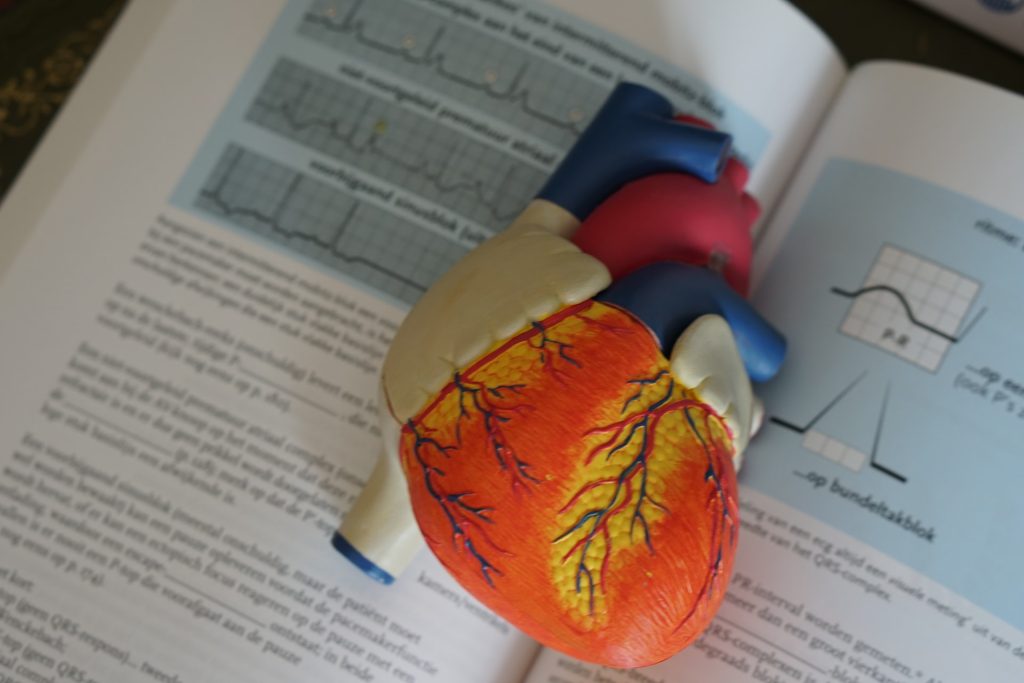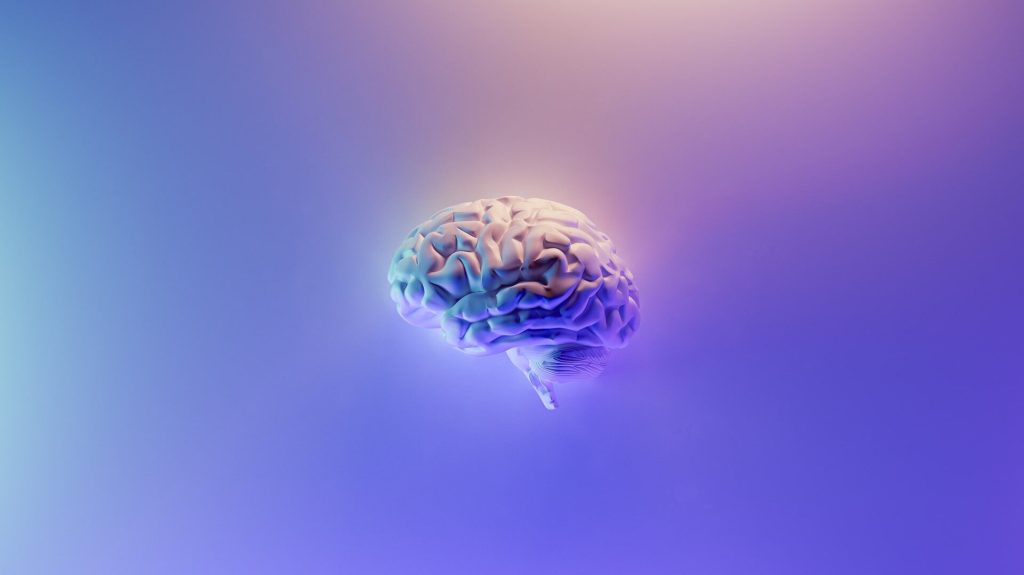High-fat Diets can Interfere with Serotonin Pathways, Fuelling Anxiety

New research from CU Boulder shows that turning to junk food when we’re stressed out may backfire. The study found that in animals, a high-fat diet disrupts resident gut bacteria, alters behaviour and, through a complex pathway connecting the gut to the brain, influences brain chemicals in ways that fuel anxiety.
“Everyone knows that these are not healthy foods, but we tend to think about them strictly in terms of a little weight gain,” said lead author Christopher Lowry, a professor of integrative physiology at CU Boulder. “If you understand that they also impact your brain in a way that can promote anxiety, that makes the stakes even higher.”
For the study, published in the journal Biological Research in May, Lowry worked with first author Sylvana Rendeiro de Noronha, a doctoral student at the Federal University of Ouro Preto in Brazil.
In a previous study, the team found that rats fed a high-fat diet consisting primarily of saturated fat showed increases in neuroinflammation and anxiety-like behaviour.
While evidence is mixed, some human studies have also shown that replacing a high-fat, high-sugar, ultra-processed diet with a healthier one can reduce depression and anxiety.
The dark side of serotonin
To better understand what may be driving the fat-anxiety connection, Lowry’s team divided male adolescent rats into two groups: Half got a standard diet of about 11% fat for nine weeks; the others got a high-fat diet of 45% fat, consisting mostly of saturated fat from animal products.
The typical American diet is about 36% fat, according to the Centers for Disease Control and Prevention.
Throughout the study, the researchers collected faecal samples and assessed the animals’ gut microbiome. After nine weeks, the animals underwent behavioural tests.
When compared to the control group, the group eating a high-fat diet, not surprisingly, gained weight. But the animals also showed significantly less diversity of gut bacteria. Generally speaking, more bacterial diversity is associated with better health, Lowry explained. They also hosted far more of a category of bacteria called Firmicutes and less of a category called Bacteroidetes. A higher Firmicutes to Bacteroidetes ratio has been associated with the typical industrialised diet and with obesity.
The high-fat diet group also showed higher expression of three genes (tph2, htr1a, and slc6a4) involved in production and signalling of the neurotransmitter serotonin – particularly in a region of the brainstem known as the dorsal raphe nucleus cDRD, which is associated with stress and anxiety.
While serotonin is often billed as a “feel-good brain chemical,” Lowry notes that certain subsets of serotonin neurons can, when activated, prompt anxiety-like responses in animals. Notably, heightened expression of tph2, or tryptophan hydroxylase, in the cDRD has been associated with mood disorders and suicide risk in humans.
“To think that just a high-fat diet could alter expression of these genes in the brain is extraordinary,” said Lowry. “The high-fat group essentially had the molecular signature of a high anxiety state in their brain.”
A primal gut-brain connection
Just how a disrupted gut can change chemicals in the brain remains unclear. But Lowry suspects that an unhealthy microbiome compromises the gut lining, enabling bacteria to slip into the body’s circulation and communicate with the brain via the vagus nerve, a pathway from the gastrointestinal tract to the brain.
“If you think about human evolution, it makes sense,” Lowry said. “We are hard-wired to really notice things that make us sick so we can avoid those things in the future.”
Lowry stresses that not all fats are bad, and that healthy fats like those found in fish, olive oil, nuts and seeds can be anti-inflammatory and good for the brain.
But his research in animals suggests that exposure to an ultra-high-fat diet consisting of predominantly saturated fats, particularly at a young age, could both boost anxiety in the short-term and prime the brain to be more prone to it in the future.
His advice: Eat as many different kinds of fruits and vegetables as possible, add fermented foods to your diet to support a healthy microbiome and lay off the pizza and fries. Also, if you do have a hamburger, add a slice of avocado. Research shows that good fat can counteract some of the bad.
Rodrigo Cunha de Menezes, professor of physiology at Federal University of Ouro Preto in Brazil, is co- senior author on this paper.
Source: University of Colorado Boulder






